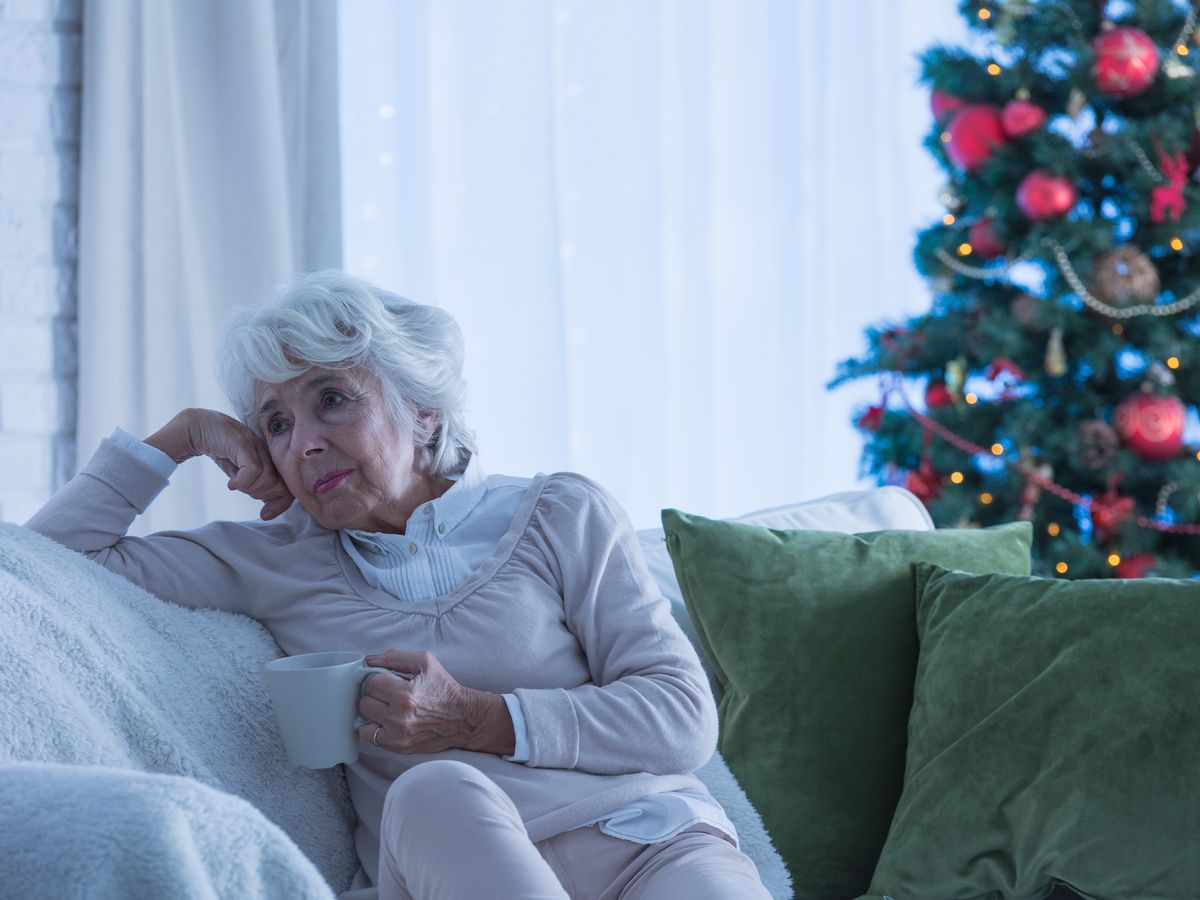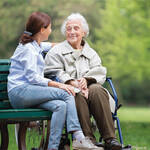
5 Signs Your Loved One Needs Home Care
As individuals grow older, their mobility may decrease, and they might experience declines in vision and hearing, along with potential health issues that necessitate additional support within their homes indicating they may require Home care.
Nevertheless, some seniors take great pride in their independence and may resist relying on others, concealing their struggle to manage on their own.
To gauge whether an elderly relative or friend might require home care, watch for indicators signaling difficulty in managing daily tasks.
Indicators to note:
Changes in appearance:
Altered physical appearance could indicate they need home care, possibly linked to declines in physical or mental well-being.
These changes may involve:
- Poor personal hygiene
- Unpleasant body odor
- Weight fluctuations
- Disheveled appearance
- Untended grooming (hair, nails)
- Soiled clothing
Behavioral changes:
The loss of a partner may lead to loneliness, which significantly impacts health, akin to smoking 15 cigarettes daily. Loneliness correlates with higher stress, blood pressure, overeating, and alcohol consumption, as well as mental health issues like depression, anxiety, low self-esteem, and sleep disturbances.
Changes may encompass:
- Withdrawal and silence
- Loss of interest in once-enjoyed activities
- Reluctance to socialize
- Confusion or agitation
- Increased sleep
- Mood swings
Memory Loss:
Additionally, observe signs like missed meals, neglect of medication, or struggles with previously effortless daily activities.
Other indicators:
- Forgetfulness
- Disorientation
- Difficulty in conversation
- Missing appointments
- Misplacement of items
Inability to perform basic tasks:
A typically tidy individual might start neglecting household chores due to mobility issues, forgetfulness, or feeling overwhelmed.
Watch for:
- Hoarding tendencies
- Unopened mail
- Signs of incontinence
- Dirty dishes and utensils
Reduced mobility and falls:
Aging often results in reduced mobility and increased vulnerability to falls, causing injuries that heal slower with age.
If their safety appears compromised, it’s time to consider home care. Meanwhile, check for trip hazards around the house.
They might be hesitant to disclose falls out of concern or anxiety about losing control over their lives.
Keep an eye out for:
- Bruises
- Burns
- Marks on their body
Determining the need for home care:
After identifying the need for additional support, contact the local authority for a care needs assessment to determine the required level of care.
Following the care needs assessment, a financial evaluation determines if the council will contribute to or fully cover the care.
Midian Care offers various packages, from short medication visits to longer assistance including meal preparation and outings. For more information or to arrange a free assessment, call us on 0330 124 6299 or email help@midiancare.com







